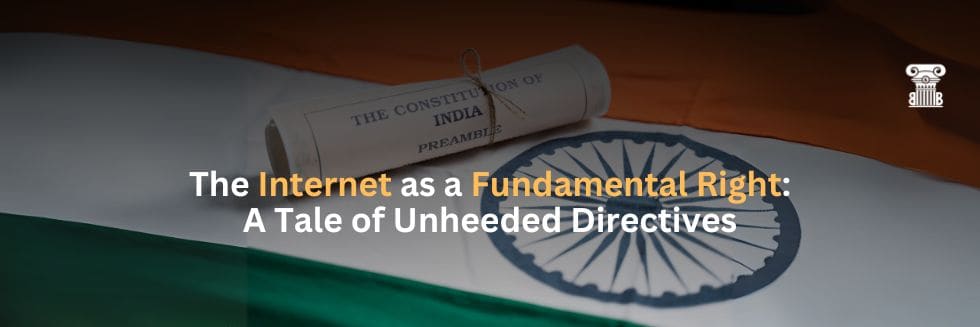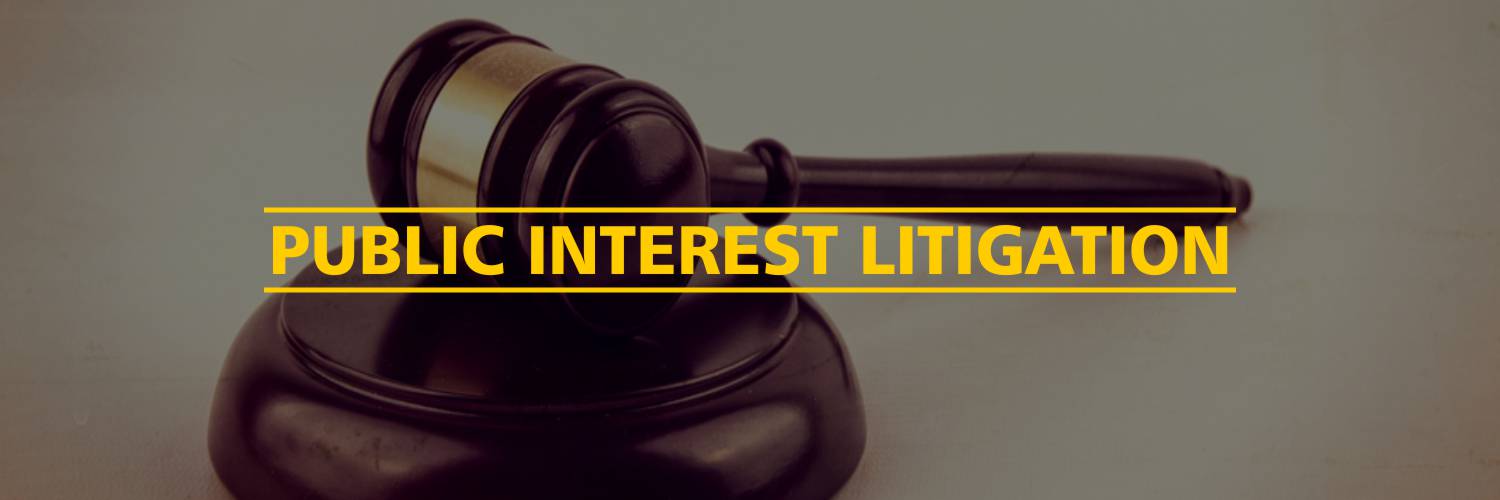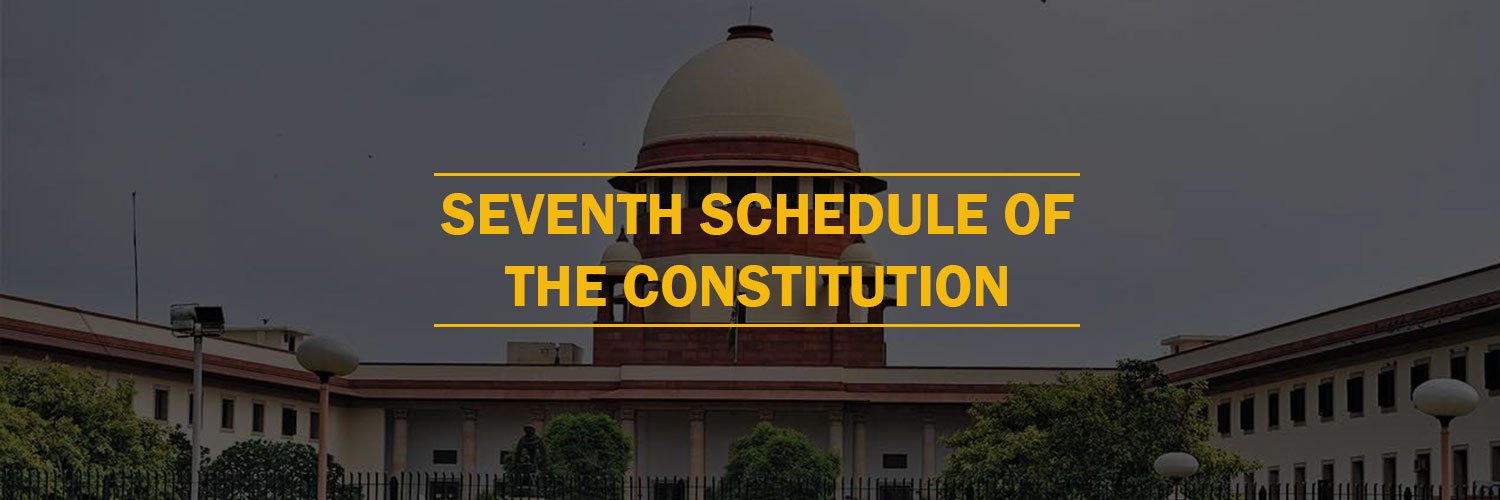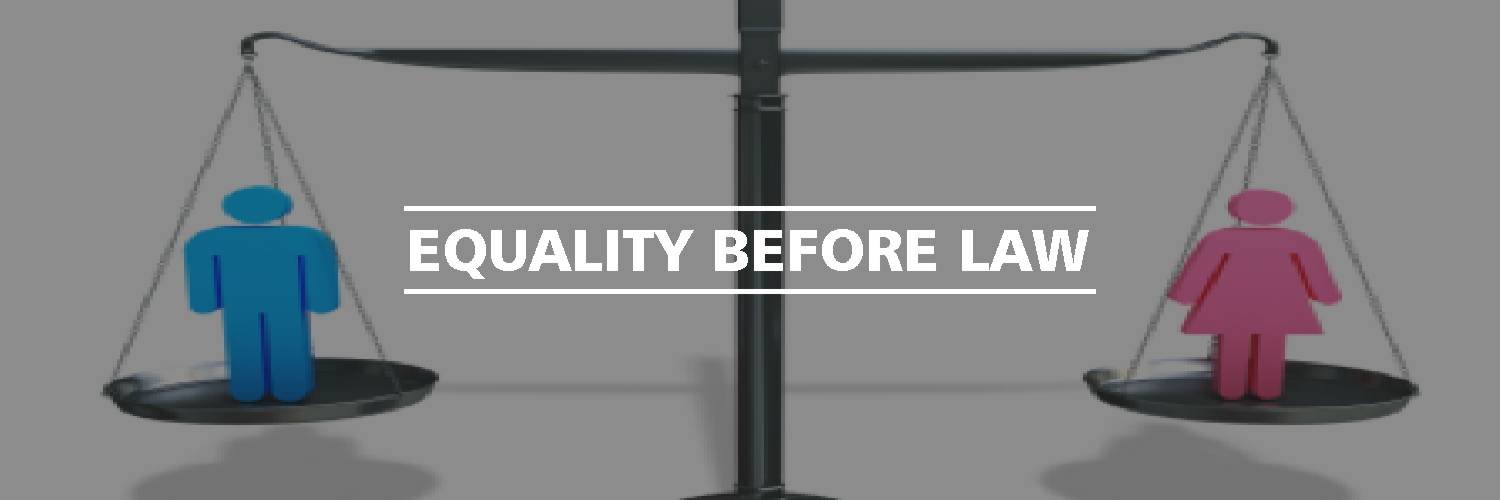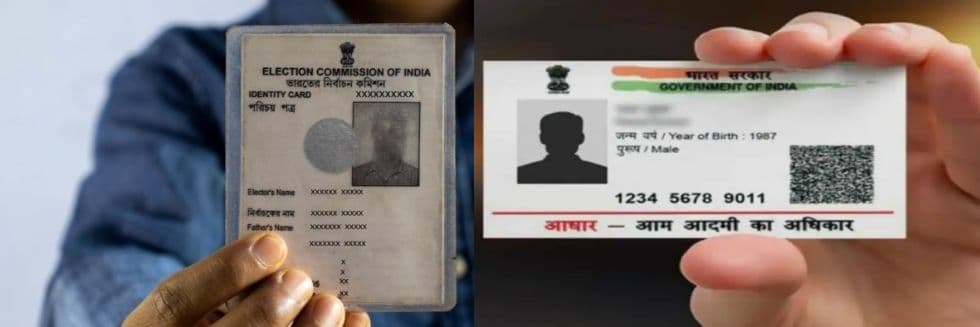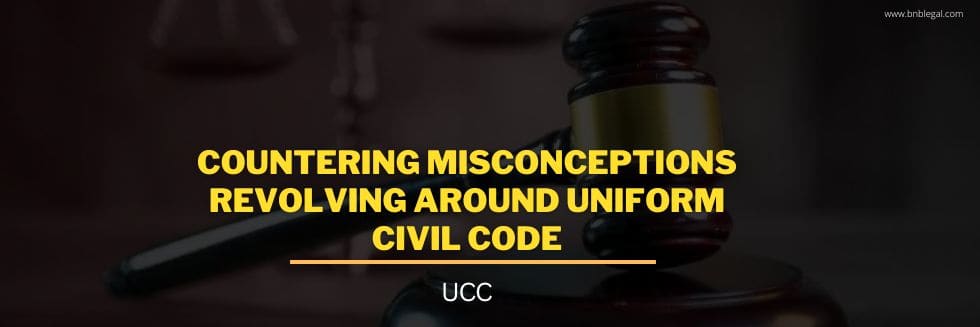In a significant ruling on January 10, 2020, the Supreme Court of India recognised internet access as a fundamental right under the Indian Constitution. The case, Anuradha Bhasin v. Union of India (2020), underscored that any government-imposed internet restrictions should be temporary, limited, lawful, necessary, and proportionate. However, despite these guidelines, India continues to experience frequent internet shutdowns, earning it the unfortunate distinction of being the world’s “Internet Shutdown Capital.”
The Supreme Court’s Verdict in Anuradha Bhasin v. Union of India
“The Court affirmed that the freedom of speech and expression and the freedom to practice any profession or conduct any trade, business, or occupation over the internet are constitutionally protected under Article 19(1)(a) and Article 19(1)(g). It stated that any restrictions on these fundamental rights should comply with the mandate under Article 19 (2) and (6) of the Constitution, including the test of proportionality.”
“The Court further clarified that an indefinite suspension of internet services is not permissible under the Temporary Suspension of Telecom Services (Public Emergency or Public Service) Rules, 2017. Any suspension should only be temporary. Moreover, any order suspending the internet under the Suspension Rules must adhere to the principle of proportionality and should not extend beyond the necessary duration. Such orders are also subject to judicial review.”
The Aftermath of the Supreme Court’s Decision
Contrary to expectations, the year following the Supreme Court’s decision saw an increase in internet shutdowns in India, surpassing the previous year. In 2020, India’s internet restrictions accounted for over 70% of the global economic losses due to such shutdowns. Recent events, such as the restrictions in Jammu and Kashmir following the death of separatist leader Syed Ali Shah Geelani, and in Haryana amid farmer protests, underscore the ongoing issue.
Government’s Non-Compliance with the Supreme Court’s Decision
Despite the Supreme Court’s directives, the government has shown a reluctance to publish shutdown orders, which erodes public trust in the administration. The lack of public disclosure of the reasons behind internet restrictions creates a trust deficit, particularly when the Internet is considered an essential service in today’s society. The Union Government’s failure to grant statutory recognition to the Supreme Court’s directions further aggravates the situation.
Implications of Non-Publication of Orders
The non-publication of Internet suspension orders undermines legal safeguards. Those affected by the restrictions face difficulty challenging the legality of the orders when they cannot access them. Even if they approach the court, delays in producing the orders allow the government to evade accountability. This enables illegal restrictions and undermines public confidence in the government.
The Barrier of Lack of Awareness
The lack of awareness and understanding of the Supreme Court’s decision compounds the problem. Similar to the erroneous enforcement of Section 66A of the Information Technology Act, 2000 (IT Act), the non-statutory recognition of court decisions leads to incorrect implementation. Instances, such as the State of Meghalaya’s unawareness of the Anuradha Bhasin judgment, highlight the need for broader dissemination and recognition of legal decisions.
Conclusion
In conclusion, unfortunately, the Supreme Court’s landmark decision in Anuradha Bhasin v. Union of India, recognizing internet access as a fundamental right, has not been fully realised in practice. Despite the Court’s clear directives, the government’s reluctance to publish shutdown orders and the lack of statutory recognition of the Court’s decision have resulted in a trust deficit and undermined legal safeguards.
The situation is further exacerbated by a need for more awareness and understanding of the Court’s decision. As the world’s “Internet Shutdown Capital,” India must take urgent steps to fully implement the Court’s directives, uphold the fundamental right to internet access, and foster a more open, connected, and digitally inclusive society. The tale of unheeded directives is a call to action for all stakeholders to work together to realize the vision of the Internet as a fundamental right.
_________________________________________________________________________________________________________
This article is written and submitted by Devam Krishnan during his course of internship at B&B Associates LLP. Devam is a 4th-year B.A.LL.B (Hons.) student at NUSRL, Ranchi.
